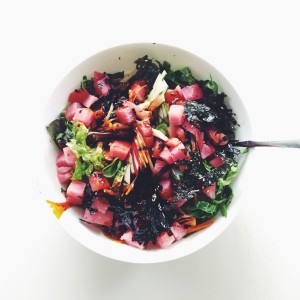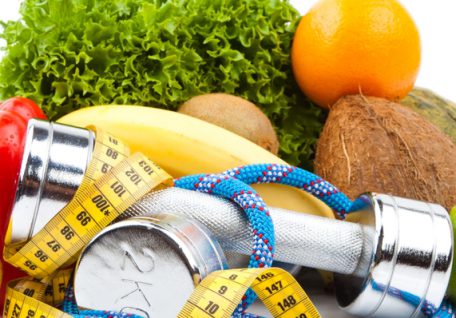 When starting out a weight loss diet plan, you need to make sure you understand the difference between the following:
When starting out a weight loss diet plan, you need to make sure you understand the difference between the following:
- Weight loss diet vs. Fat loss diet
- Lifestyle vs. Diet
- Quick fixes vs. Sustainability
In 2011-12, over 2.3 million Australians (13%) aged 15 years and over reported that they were on a diet to lose weight or for some other health reason (Australian Bureau of Statistics).
You need to make sure that you research and plan your diet, or you will set yourself up to fail before you even begin.
- Weight loss diet vs. Fat loss diet
Many of us can say we have done this one before. We hop on the scales and see a number that we do not like. The problem with this methodology is that the number we see is not the most accurate way to measure your goal.
Factors that contribute to that number include muscle vs. fat, water retention, menstrual cycle (for ladies), hormones, training and even the time of the day.
The aim for most of us is to reduce fat not weight; we forget that the same volume of muscle will weigh more than that of fat, because it is denser. Therefore, you could be getting slimmer and yet weigh the same. In fact, muscle is around 15% heavier than fat for the same volume[i].
An added bonus of increasing your muscle mass is that you will burn more calories at rest, by as much as 25 calories per 1kg of muscle daily.
When setting out your goal, remove the scale number from the equation. Find something in your life that’s more appropriate, for example, choose a piece of clothing you’d like to fit into or see a trainer to get your body fat percentage taken and aim to decrease that number instead.
- Lifestyle vs. Diet
The dictionary explanation of the term ‘diet’ is ‘the kinds of food that a person, animal, or community habitually eats’. Westernised communities have over the years modified the meaning of the word ‘diet’ to ‘A special course of food to which a person restricts themselves, either to lose weight or for medical reasons’. (Oxford dictionary[ii])
Unfortunately, it’s human nature to look for the quickest and easiest way to reach a goal and companies have recognised people are prepared to pay big money to lose weight. They are prepared to pay celebrities from $500,000 to $3million to endorse these diets and weight-loss systems[iii], all to convince us that we can get results by following a few simple steps. The problem is, this is not a lifestyle, it’s a quick fix that often results in a quick loss upon completion.
This is where point 3 comes in…
- Quick Fix vs. Sustainable
There are so many diets with good reviews and bad reviews that the general population gets confused with what is healthy and what is going to work for them. Most of these fad diets claim to get results quickly but in reality they are just not sustainable; you become tired, weak, and grumpy. You simply cannot maintain these diets for a long time.
It’s important to find a diet that suits your lifestyle and that is sustainable.
So here are my top 10 tips to consider while planning your diet:
- Make a realistic plan that you know you can stick to
- Keep it clean, eat fresh food and remove processed, packet, low nutritional value foods
- Make it interesting so you do not get bored
- Do not drop your calories too low as this can have reverse effect – leading to binge eating and starvation mode of your body storing fat
- Plan into your weekly diet to have something you enjoy so you do not feel like it is restricting you
- Have a goal and write it down
- Remove your scales and add something more measurable
- If you stuff it up, it is not the end of the world. Refocus, refresh and start tomorrow
- Research the diet you are considering what effect it will have on your health
- The sustainable diet may take longer to achieve your goal but will be more successful in the end. Be patient and remember it takes time, so don’t give up if you are not getting immediate results. Stick with it and the results with eventually follow!
The best diet is the diet you can stick to!
References
[i] http://www.livestrong.com/article/438693-a-pound-of-fat-vs-a-pound-of-muscle/
[ii] https://en.oxforddictionaries.com/definition/diet
[iii] http://abcnews.go.com/Health/100-million-dieters-20-billion-weight-loss-industry/story?id=16297197











